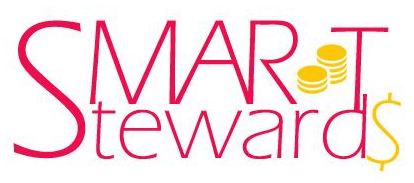We thought to let you have a feel of what our smart starter convo is like. We pride ourselves in transformational learning spiced with fun. Hope you get to learn something from this excerpt.
Curriculum Vitae (C.V) is a summarized document about you that grants you access to the door of the interview. A lot of people underestimate the power and the usefulness of the resume, relegating its role to merely being an information or fact sheet about an applicant. What they don’t know is that the resume can make or break their chances of getting a job.
They send in a haphazardly written resume, prepared on the fly, and when they do not get a call back from the hiring manager calling them for a job interview, they wonder why.
Your resume/CV is your best opportunity to present yourself as the ideal candidate for the position, someone who will fit the culture and be an asset to the organization you’re applying to.
First thing first,
Include the key sections of a resume, the key sections that the resume must contain are:
Education, which details your educational background: the school or university that you attended, the inclusive dates of attendance, degrees earned, and recognitions received.
Another is Work experience and history, which includes your career highlights and accomplishments in the jobs that you have held in the past. Some experiences for undergraduates include: Fellowship president position, Campus Ambassadorship, Class Representative, etc.
Skills, which covers the additional skills and qualifications that are not clearly identified in the work history and experience section.
These are often identified into two categories: hard and soft skills.
Hard Skills are technical skills that your job requires. For example: Project management, data analysis, tool handling, etc.
Soft skills include communication, interpersonal, Problem solving, etc.
Point 2
Keep resume length to two pages or less. Avoid experiences that are not relevant to the job role
Keep it short and simple KISS
Point 3
Make sure it is easy to read and understand. You may want to avoid vocabularies that will require getting a dictionary.
Point 4
No Errors!
Nothing gets passed over faster than a resume with glaring errors.
Double- and triple-check for typos, misspelled words, and grammatical errors.
An error-free resume lets hiring managers know you’re professional, conscientious, and focused on making a good impression.
Tip: Ask at least two other people to review your resume before you send it.
Lastly on making your outstanding CV
Beat the Bots!
Bots – or applicant tracking systems
ATS is used to sieve out CVs
For example, if a job role is advertised with the opening is for 40 persons with 400 applications
To save time and reduce the stress of going through the 400 CVs that may not qualify for the role, the ATS is used to filter out CVs without matching keywords related to the job.
Your CV automatically gets dropped and not read if there is no match to the keyword set by the recruiter.
To make your CV stand out it’s always good to have either a personal summary or career objective and keywords that match the job role description.




